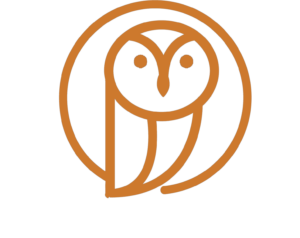The aim of the course is to familiarize students with Ancient Greece through the ancient Greek literary sources in English translation with Ancient Greece in terms of politics and war, religion, beliefs and ethics. The texts cover a wide range of literary genres from all periods of ancient Greek literature. In the context of this course, an overview of the Ancient Greek literature is deemed necessary: the historical development of literary genres from the time of Homer to late antiquity, their basic characteristics and the main representatives with their most important works.
Upon successful completion of the course, students will be able to:
• have a direct overview of the ancient Greek literature in terms of the historical development of literary genres, their basic characteristics and their main representatives,
• understand the characteristics of the ancient Greek city-state and the status of the (free) citizen who participated in its institutions and administration, as traced in representative texts of ancient Greek literature,
• have direct oversight of the social and political organization of Athens and Sparta,
• deepen their knowledge in the political systems and regimes of Greek antiquity (kingship, tyranny, oligarchy, democracy) through philosophical, historical and poetic texts,
• deepen their knowledge in the work of Herodotus and Thucydides on the two great wars of antiquity, the Persian Wars and the Peloponnesian War,
• understand the ritualistic character, the polytheistic system and the central role of ancient Greek religion within the ancient Greek city,
• respond directly to the interpretation and understanding of any ancient Greek text that addresses issues of politics, war, religious beliefs and ethics,
• assess and compare ancient Greek texts that address issues of politics, war, religious beliefs and ethics and examine how specific practices and elements have survived to the present day with or without modifications and changes.


